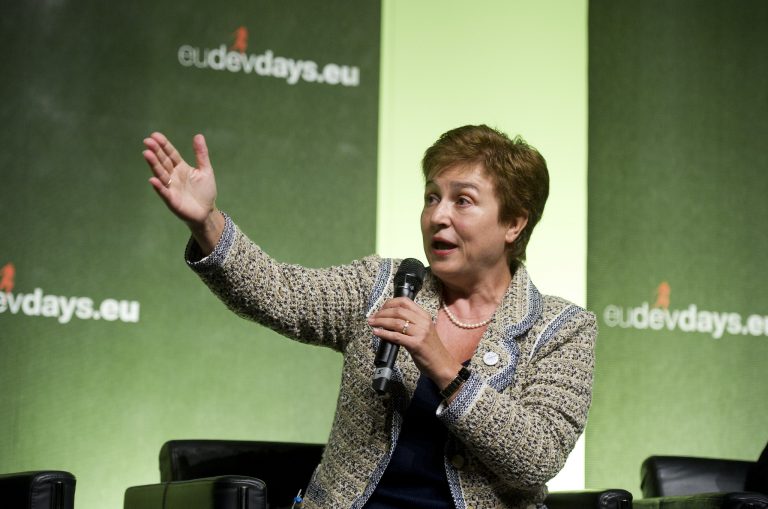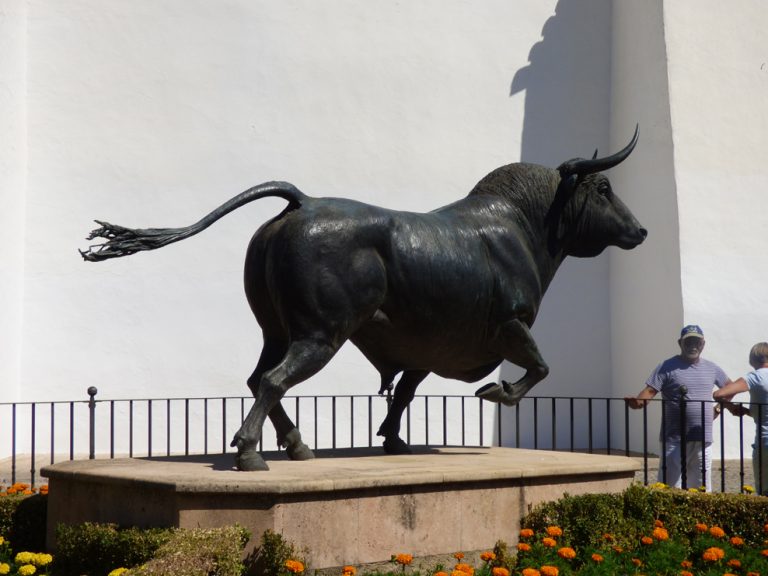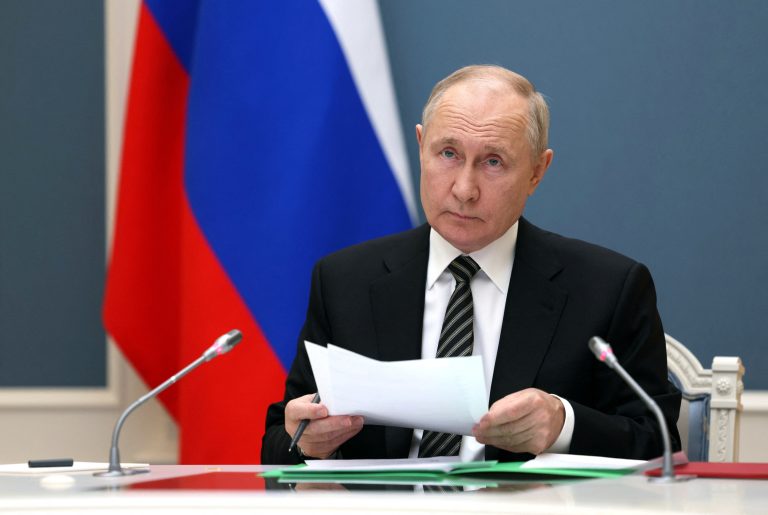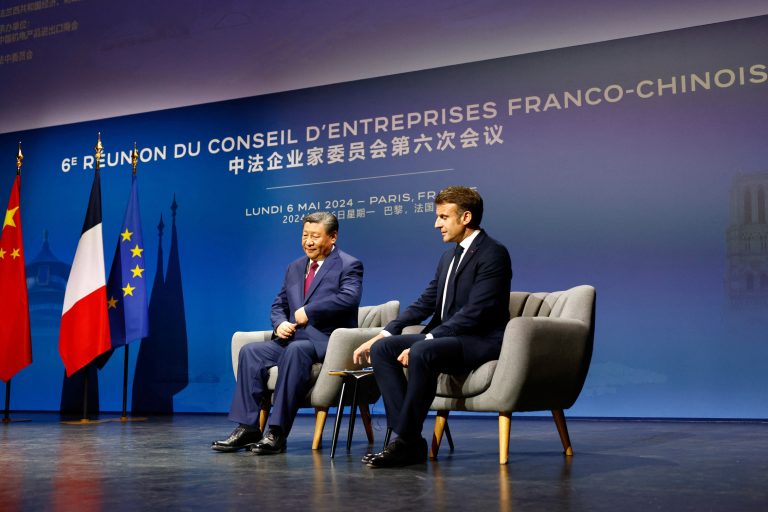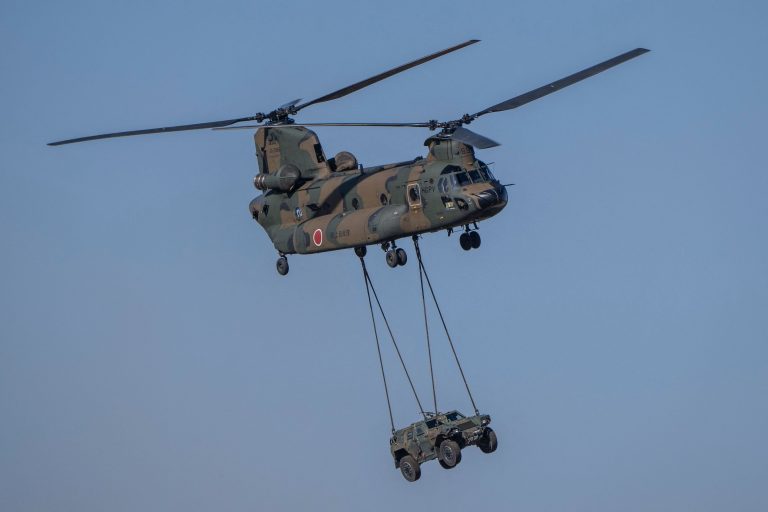As developing countries continue to accrue debt due to the Coronavirus Disease 2019 (COVID-19) pandemic, economists are concerned that creditors such as China will exploit their situations through debt-trap diplomacy. While panelists at a recent virtual meeting involving the World Bank and the International Monetary Fund (IMF) believe that the world has escaped a systemic debt crisis, IMF Managing Director Kristalina Georgieva pointed out that there is a “danger of divergence in economic fortunes of advanced economies and developing countries.”
During the discussion, Georgieva explained, “We entered the pandemic with [a] high level of debt. And during this year and five months since we are in it, understandably, debt levels went further up. Why? Because revenues went down, and expenditures went up. Today, public debt globally is reaching 100 percent of GDP. Within this, advanced economies have jumped the most, nearly 20 percent. Emerging markets nearly 10 percent. Low income countries 5 percent.”
She added that “56 percent of low-income countries are either at a high risk of debt distress or already in debt distress.” Many of these countries are incapable of generating sufficient growth to counteract rising debt levels, and could sink still further into debt if global interest rates rise.
El-Erian, President of Queens’ College, Cambridge University, stressed the importance of avoiding a debt trap because a vicious cycle could ensue, in which growth momentum decreases as debt burden increases. He stated that developing nations face “significant headwinds” in the short-term, such as the likely slow return of tourism and continued uncertainty of foreign direct investments.
World Bank and IMF officials called for extending debt relief to the most vulnerable countries to help them stay afloat while addressing pandemic-related challenges. “The poorer countries don’t have a way out of these very heavy debt burdens,” World Bank President David Malpass said at a press conference on April 7.
Success
You are now signed up for our newsletter
Success
Check your email to complete sign up
On Wednesday, finance ministers and central bank governors of 20 of the world’s largest economies (G20) agreed to boost IMF reserves by $650 billion and extend a freeze on debt repayments from developing countries. The debt suspension initiative, which will last until the end of 2021, is aimed at freeing cash to fuel pandemic-fighting efforts and to stimulate economies.
China’s Secretive Lending Program
World Bank President David Malpass stated that vulnerable nations have challenges accessing credit markets and have rising fiscal deficits. He alluded to China’s controversial loan practices, stating that convoluted debt contracts and imbalances between creditors and debtors made debt relief efforts more challenging.
According to a study titled “How China Lends,” published in late March through the collaboration of research groups such as AidData and the Kiel Institute for the World Economy, Chinese loan contracts have unusual secrecy provisions, requirements for collateral that can be seized in the event of default, and restrictions on debt renegotiation.
The broad confidentiality clauses “prevent borrowers from revealing the terms or sometimes even the existence of the loans,” and can be found in every Chinese contract in the researchers’ dataset since 2014. The asymmetric contracts give Chinese lenders the freedom to to cancel loans and accelerate repayment if they disagree with the borrower’s policies. For example, the China Development Bank (CDB) would treat the termination of diplomatic ties between China and the borrowing nation as an “event of default.”
“By shielding their contractual arrangements from public scrutiny, Chinese state-owned banks have made it difficult for other lenders to know if they are positioning themselves at the front of the repayment line,” said Brad Parks, AidData’s Executive Director and a co-author of the report. “Non-Chinese creditors are increasingly reluctant to renegotiate repayment terms until they know more about China’s claims,” he stated.
Follow us on Twitter or subscribe to our email list



